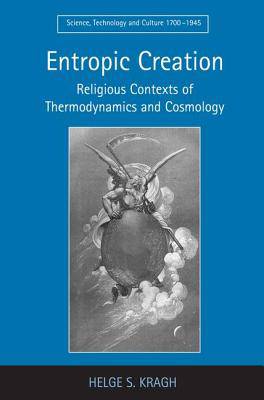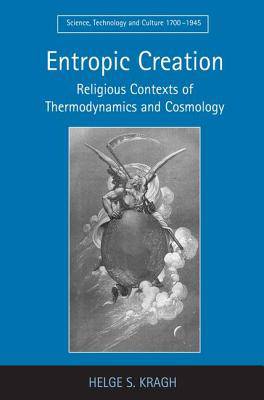
- Afhalen na 1 uur in een winkel met voorraad
- Gratis thuislevering in België vanaf € 30
- Ruim aanbod met 7 miljoen producten
- Afhalen na 1 uur in een winkel met voorraad
- Gratis thuislevering in België vanaf € 30
- Ruim aanbod met 7 miljoen producten
Zoeken
Entropic Creation
Religious Contexts of Thermodynamics and Cosmology
Helge S Kragh
Hardcover | Engels
€ 343,45
+ 686 punten
Uitvoering
Omschrijving
Entropic Creation is the first book to consider the cultural and religious responses to the second law of thermodynamics, and the theory proposed by certain Christian scholars during the period 1860 to 1920 that the entropic creation argument is proof of a divine creation of the world.
Specificaties
Betrokkenen
- Auteur(s):
- Uitgeverij:
Inhoud
- Aantal bladzijden:
- 278
- Taal:
- Engels
Eigenschappen
- Productcode (EAN):
- 9780754664147
- Verschijningsdatum:
- 9/05/2008
- Uitvoering:
- Hardcover
- Formaat:
- Genaaid
- Afmetingen:
- 156 mm x 234 mm
- Gewicht:
- 566 g

Alleen bij Standaard Boekhandel
+ 686 punten op je klantenkaart van Standaard Boekhandel
Beoordelingen
We publiceren alleen reviews die voldoen aan de voorwaarden voor reviews. Bekijk onze voorwaarden voor reviews.







